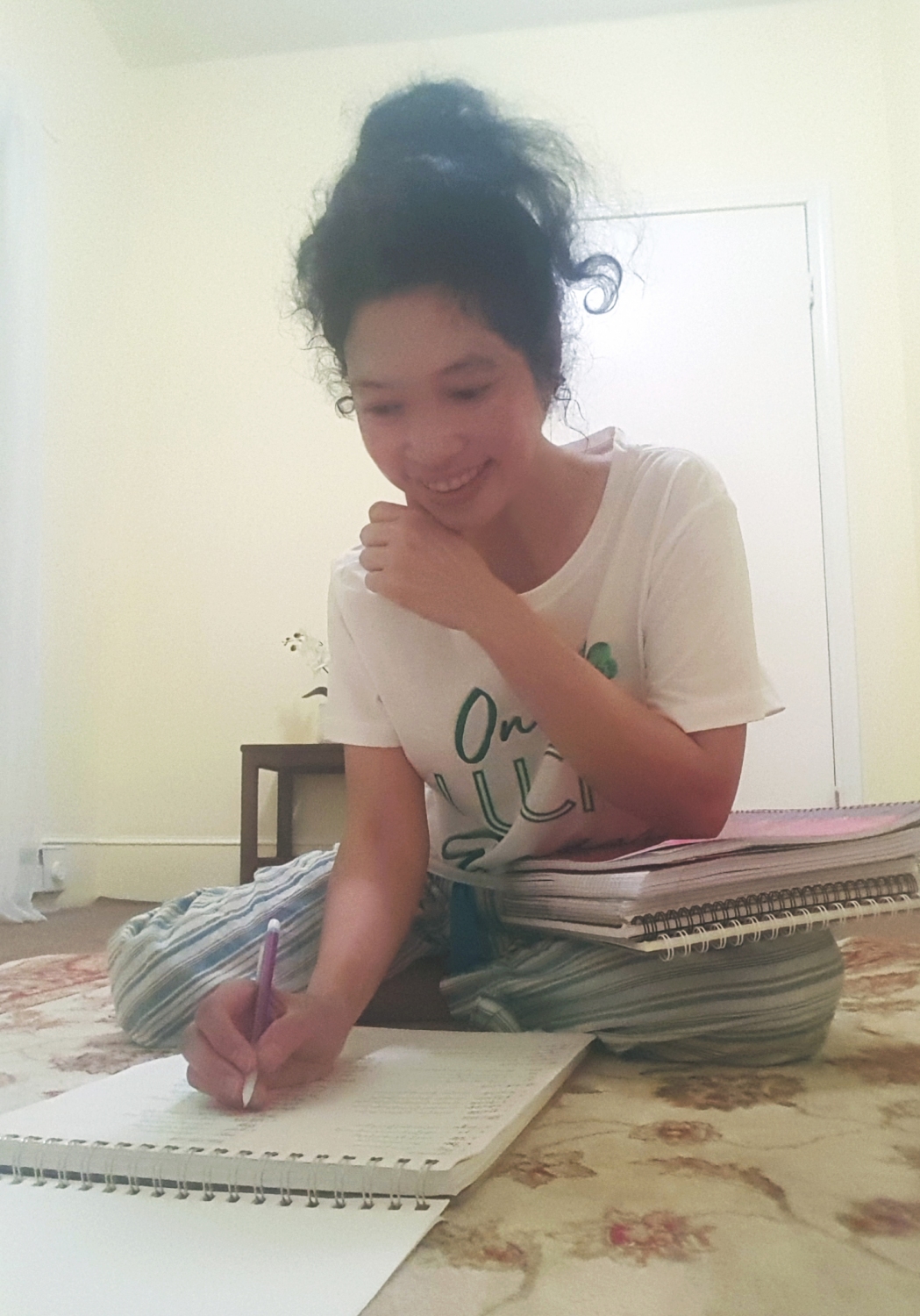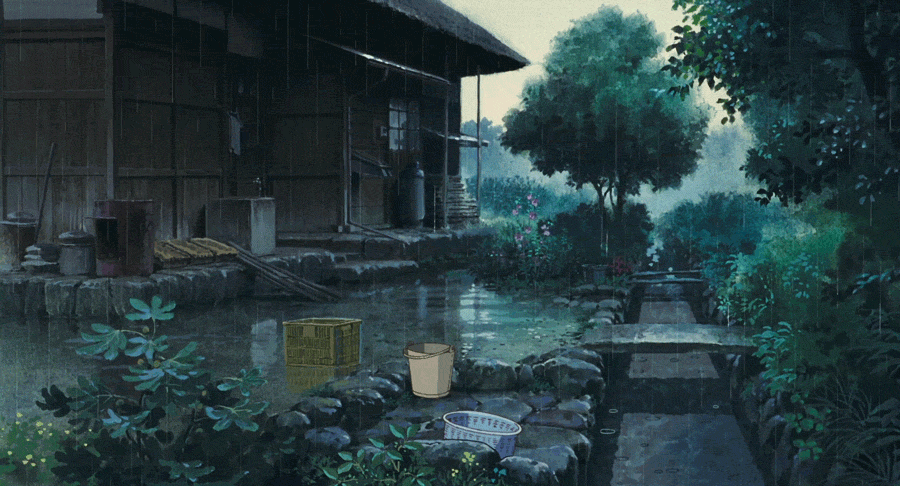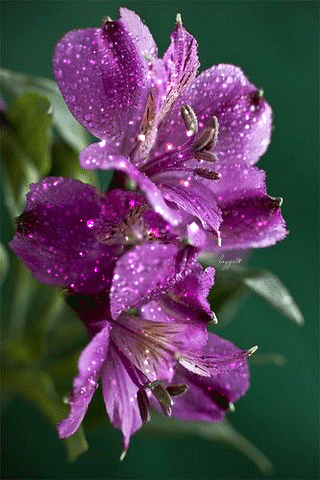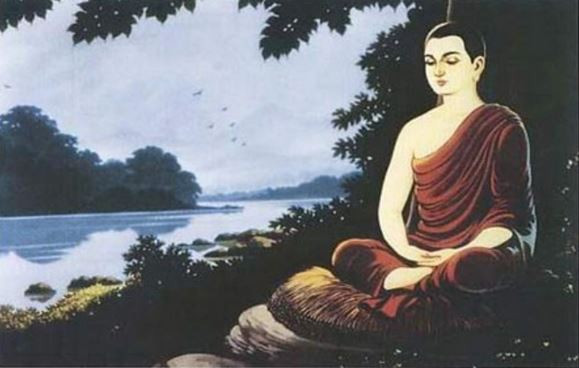
Verse 106: Month after month for a hundred years, one may make offerings (to ordinary people) to the value of a thousand Kahapanas; yet if, only for a moment one pays homage to a bhikkhu who has practised Insight Development, this homage is, indeed, better than a hundred years of making offerings (to ordinary people).
1. sahassa: one thousand; in this context, one thousand kahapanas. A kahapana coin can be in copper, silver or gold.
The Story of Thera Sariputta’s Uncle
While residing at the Veluvana monastery, the Buddha uttered Verse (106) of this book, with reference to a brahmin, who was the maternal uncle of Thera Sariputta.
On one occasion, Thera Sariputta asked his uncle the brahmin whether he was doing any meritorious deeds. The brahmin answered that he was making offerings to the value of one thousand Kahapanas every month to the Nigantha ascetics, hoping to get to the Brahma world in his next existence. Thera Sariputta then explained to him that his teachers had given him false hopes and that they themselves did not know the way to the Brahma world. So saying, he took his uncle the brahmin to the Buddha, and requested the Buddha to expound the Dhamma, which would surely take one to the Brahma world.
The Buddha said to the brahmin, “Brahmin, an offering of a spoonful of alms-food to a bhikkhu would be much better than your present offering of one thousand Kahapanas to your teachers.”
Then the Buddha spoke in verse as follows:
Verse 106: Month after month for a hundred years, one may make offerings (to ordinary people) to the value of a thousand Kahapanas; yet if, only for a moment one pays homage to a bhikkhu who has practised Insight Development, this homage is, indeed, better than a hundred years of making offerings (to ordinary people).
At the end of the discourse, the brahmin, who was the maternal uncle of Thera Sariputta, attained Sotapatti Fruition.
Dhammapada Verse 106
Sariputtattherassa Matula Brahmana Vatthu
Mase mase sahassena1
yo vajetha satam samam
ekanca bhivatattanam
muhuttamapi pujaye
sa yeva pujana seyyo
yance vassasatam hutam.
Source: Tipitaka


















